Q&A: Pamela Jones of Groklaw
Groklaw is the blog that has made a difference. Created as a personal project by Pamela Jones, better known as PJ, in 2003, its stated purpose was to increase understanding of the law as it is applied to Linux and free software.
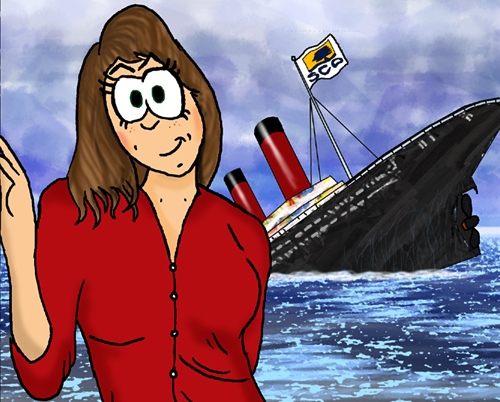
The Groklaw website emerged just as SCO began its legal action against IBM and the Linux community, and quickly became a focus for Linux users, programmers and legal professionals in their mission to expose, understand and demystify the issues surrounding SCO's legal action.
IT PRO spoke to the site's founder, Pamela Jones about the impact of the site, the SCO case and the role Groklaw has played in the ongoing legal case.
The SCO Group's current fate can be neatly summarised by the title of PJ's very first article on the case, back in May 2003 - "SCO Falls Downstairs, Hitting its Head on Every Step." In the intervening years PJ and Groklaw can be credited with unearthing and exposing many of the flaws in SCO's case, most notably, obtaining and publishing the 1994 settlement in the USL vs BSDi case, which had been hidden from public view and played a significant role in undermining SCO's claims to the ownership of Unix. Earlier this year PJ memorably compared SCO's persistence in the face of the facts to the black knight in the Monty Python film who claimed "It's only a flesh wound".
Is SCO is dead yet?
I think it's more accurate to say it's going down slow, as the old blues song puts it.
When Caldera Systems was a Linux company, (before it became the SCO Group), it's IPO was valued at a billion dollars. How did they get themselves into this mess, given it seems they knew from the beginning that their claim to the ownership of the Unix copyrights was, at the very least, dubious?
The one thing I think we don't know yet, and I try not to speculate, is why they did this. It makes no sense on its face, so I assume personally that there is some missing piece. I suspect that the missing piece is that someone wanted the case blown up in the media for as long as possible, to create a fear, uncertainty and doubt (FUD) cloud over Linux in the market. I don't think they thought it'd ever go to trial, and if you look at current events, they don't seem to have planned for the end game very well. I gather some have made rather a lot of money as well, in salary, bonuses, stocks, etc.
Get the ITPro daily newsletter
Sign up today and you will receive a free copy of our Future Focus 2025 report - the leading guidance on AI, cybersecurity and other IT challenges as per 700+ senior executives
What drew you towards the free software movement?
I don't view myself as part of any movement. I just like to use Mandriva and Ubuntu and Red Hat and Knoppix. When SCO attacked Linux, I noticed things were being said that I thought were outrageous, so it made me mad enough that I thought I could contribute my skills to try to contribute back by defending where I could. It really bothered me that SCO was attacking Linus. I was sure that if there was any code in Linux that shouldn't be there, he'd never do so deliberately. His character stands in the face of any such accusation. And the code is out there for the public to view 24/7, so it makes no sense to "steal" anyone's copyrighted code and put it there. Anyway, I always wanted to contribute back something for all the enjoyment I get from the operating system these guys gave the world, but it was my first chance to actually do so, not being a programmer.
Have you learnt as much from the Groklaw process as your readers, friends and volunteers, have?
I think more, in that I get to see all of it. I certainly know more about the business side of things than I did before, in that I knew nothing at all about Linux in the enterprise. And I've surely learned a lot about Unix. And the history of Linux and the development method. I've learned a lot about journalism too.
I don't imagine you had any idea what Groklaw would become when it started. Can you remember what you hoped from it at that time. Did it work out as you planned?
I didn't really plan at all. At the start, I was just trying to learn how to use blogging software. I was startled to learn anyone was reading what I wrote. The first articles were not about SCO at all. I started covering the McDonald's "I'm fat and it's your fault" litigation and Martha Stewart and just whatever was in the news, just to have something to write about as I learned how blogging worked.
Later, when I started to write about SCO, I did so a lot because I thought it was funny. At the time, I was experimenting with graphics and text juxtapositions, and it made me laugh. I thought it was the stupidest lawsuit in the history of the world, and I was just writing to the air.
Then, when readers showed up, and I saw the media in general was taking SCO seriously, I began to realise what could happen. That was the creative moment, when I put all the pieces together and realised that my readers knew the tech, I knew how to explain what was happening in the litigation, and they knew where to find evidence that what SCO was saying wasn't likely to prove true.
I was worried that the lawyers might not know the tech as well as we did, and my largest hope was that maybe somebody would notice what we were finding, and it might help. I had seen some court rulings that indicated to me that the judges didn't understand the tech, so they were getting things wrong. And I knew from working with lawyers that many of them are the last to grasp anything technical, so I realised that I could be a kind of bridge. I understood the tech enough to translate from the geek input for the lawyers; and I could translate the legal stuff to the tech guys, so everyone would understand what was happening. You can only get better case law if everyone understands the facts well, including the lawyers, who explain it all to the judge. My concept was that this could actually make the system work as intended, by speeding up the learning curve.
Does democracy work? Has Groklaw actually influenced the legal process, or has its role been to inform the audience? If it has, what have been your greatest triumphs?
Frank Hayes wrote once that cynicism just shows you've been paying attention. I confess I don't view humans as having many answers to big problems. People are the problem, usually. But I think we as individuals can impact our immediate surroundings by how we act and what we choose to do. In that smaller sense, Groklaw worked. It's not a democracy though. I run it very much like the Linux kernel, a meritocracy, and I get final say, because I'm the maintainer of the project. It is too soon to say what Groklaw's role has been, I think. I believe, however, that it's had an impact.
Finding the BSDi settlement agreement and getting legal permission to publish it was, without any doubt, our biggest contribution. It showed that it was never court-validated. It was just a private agreement between the parties, with no real threat to anyone else from it. I believe, based on SCO's comments, that they had intended to threaten folks based on that then-hidden agreement, and in fact they had made threatening remarks about it, IIRC, and yet after we published, nothing further ever happened on that. Anyway, SCO never presented any actual copyright infringement to shake a stick at. But at the beginning, who knew that would be the case?
We've seen Groklaw described as a "hack on the law", or more accurately, as "open source" applied to the law. Is that a fair reflection of the community that has grown up around Groklaw and the way it works? What have your helpers, friends, and contributors (the community) given to the cause?
It's accurate that it's open source applied to legal research. Actually, it's a hack on open source. You can't work on open legal research in quite the same way you can develop software, so I had to adapt. Not everything can be open, because you have to consider factors that are not in the mix in software development. I don't publish people's home addresses, for example, just out of human kindness, the Golden Rule, if you will. And there are certain types of cases I would never cover.
There has been some outrageous press coverage of Groklaw over the last few years, including personal attacks, and some more recent less than fulsome apologies for getting the facts so wrong. In the light of this, do you have any reflections on the nature of the press, 'think tanks', and consultancies in the technology industries and how they influence the technological climate?
How much corruption there is in the media/analyst world. It's part of why, though, many people now view blogs as more reliable sources of information than the mainstream press. Sad, really, because you need both, and analysts can be very helpful when they are honest and competent, and many are. There is, in the US anyway, a trend to attack people, not ideas, to try to defeat an idea by smearing someone who holds an idea you don't like. I don't see the logic there, but that's probably my geek side. Because I never responded in kind, people were able in the long view to sort out what was going on.
Technology seems to be beset with legal entanglements. Interoperability seems permanently hampered by issues of intellectual property, and as the use of free software in the developing world grows, the contradictions between the interests of the incumbent and emergent powers in this field seems to grow. If you could change a part of the law as it effects free software, what would it be?
I think software and patents need to get a divorce. They hold back innovation and hence they damage the public and do the exact opposite of what patents are supposed to be for. If you absolutely must have patents on software, then at least enforce the law that says that if you get a patent, you have to disclose fully. At the moment, there really is absolutely no way for a developer to know if what he is developing is or isn't violating someone's patent, no matter how hard he tries. So it's a trap. Any time someone wants to create trouble for you or kill you off as competition, they can. That isn't what patents are supposed to be for. Proprietary vendors may assert that they can't disclose, because then their software will be revealed. OK. But then you should rely on trade secret protection instead, not patents, because the whole point of patents was to induce inventors to reveal their inventions, so others could build on them.
What do you think the big issues of the next few years will be, affecting free software and its growth?
I see big money interests short-sightedly making moves that in my view will destroy the GPL and the FOSS development method if they succeed. They want to do to Linux what they did to Unix, only worse. I doubt they fully realise it, since their focus is on making money. But they are, in my view, killing the goose that lays the golden eggs.
It isn't just Microsoft. There are those who proclaim they are FOSS community folks who are involved too.
What next for Groklaw?
As usual, I'm not doing a lot of planning. When I see an issue, we leap in, like the new litigation against Red Hat and Novell. We're doing prior article searching, and so far, it's looking very good. We did prior article searching on the NetApp v Sun litigation too. We'll probably do more of that. And any lawyer who wants to pick the technically skilled Groklaw members' brains is free to contact me.
We've had lawyers ask technical questions in preparation for depositions, for example. It's a resource that is available.
Is there a place for Groklaw to widen its coverage to International Standards and, more specifically, issues as they are discussed through WTO and WIPO?
Groklaw can cover whatever it needs to. We certainly do cover standards to some degree already, as in the ODF/MS OOXML matter. But to expand much more
while still doing what we already do would probably require funding, to hire people to cover the new areas. Because I don't scale, and I'm doing as much as I humanly can already.
For example, I can imagine covering more cases and more types of cases all over the world, with reporters on staff to cover legal news of interest to the FOSS community. I can't do it now, because of the scaling problem, so there are many cases I can't currently cover that I'd love to be able to do.
I'm happy with it as it is, though, but if you really thought about it, I'm sure you can see that it could be much bigger and covering a lot more stories.
-
 Cleo attack victim list grows as Hertz confirms customer data stolen
Cleo attack victim list grows as Hertz confirms customer data stolenNews Hertz has confirmed it suffered a data breach as a result of the Cleo zero-day vulnerability in late 2024, with the car rental giant warning that customer data was stolen.
By Ross Kelly
-
 Lateral moves in tech: Why leaders should support employee mobility
Lateral moves in tech: Why leaders should support employee mobilityIn-depth Encouraging staff to switch roles can have long-term benefits for skills in the tech sector
By Keri Allan
-
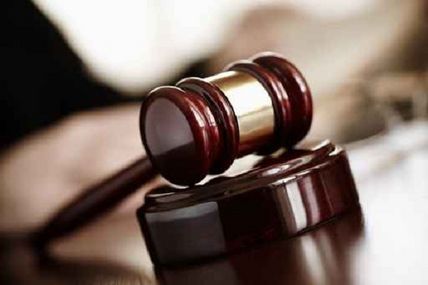 Google loses bid to block Apple Safari privacy lawsuit
Google loses bid to block Apple Safari privacy lawsuitNews Ruling could pave the way for Apple users to sue search giant
By Rene Millman
-
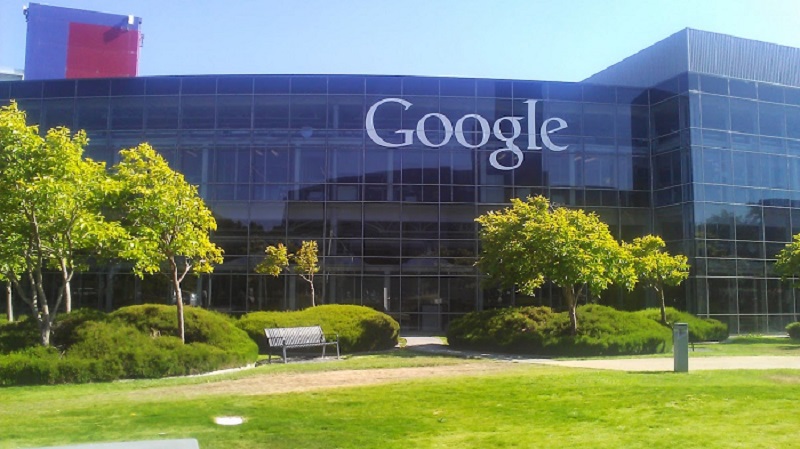 Google at centre of Android antitrust complaint in Russia
Google at centre of Android antitrust complaint in RussiaNews A Russian search engine claims Google's inclusion on Android devices breaches competition regulations
By Clare Hopping
-
 Beats, Google & Sony hit with unpaid royalties suit by US music publisher
Beats, Google & Sony hit with unpaid royalties suit by US music publisherNews The companies are alleged to have not paid the royalties they supposedly owe for using music from before 1972
By Clare Hopping
-
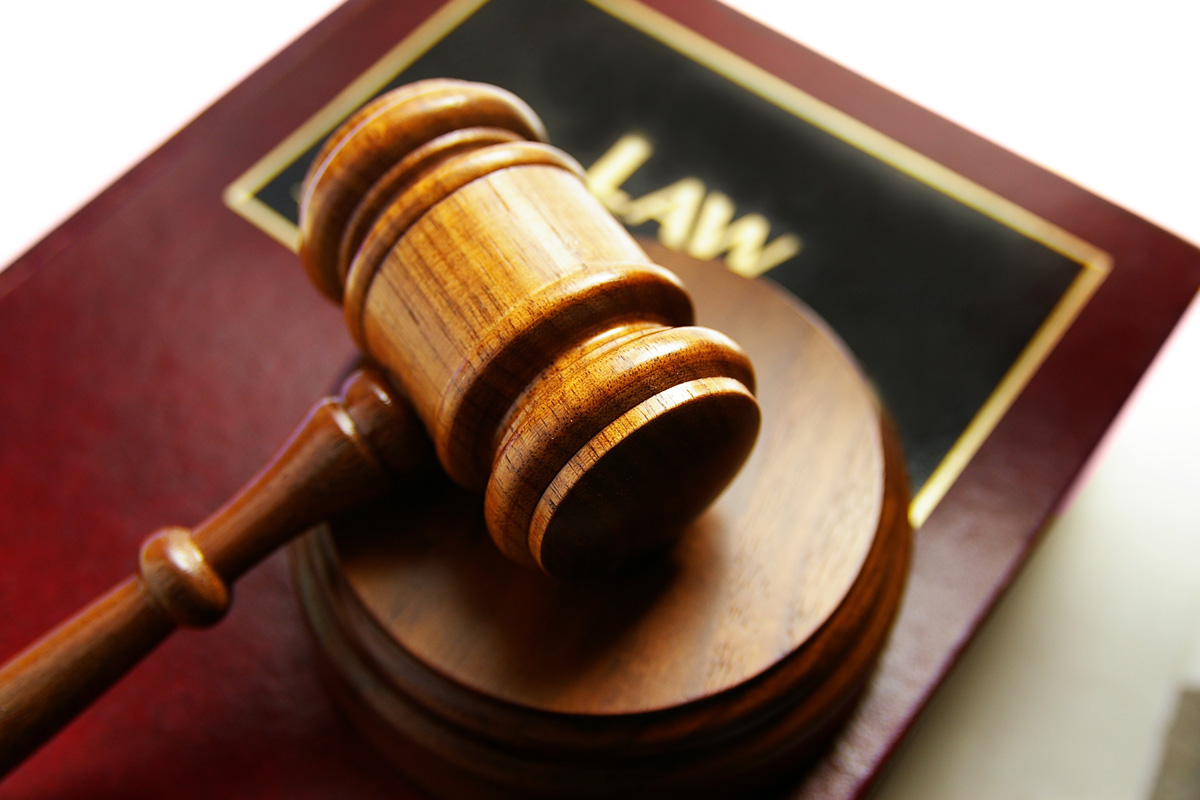 Ex-Apple exec jailed for allegedly defrauding the tech giant
Ex-Apple exec jailed for allegedly defrauding the tech giantNews Paul S Devine received kickbacks from suppliers to whom he also plied with top secret info, it is claimed
By Clare Hopping
-
 Microsoft refuses to hand over emails to US authorities
Microsoft refuses to hand over emails to US authoritiesNews Software giant Microsoft will appeal the ruling that says it must provide data
By Clare Hopping
-
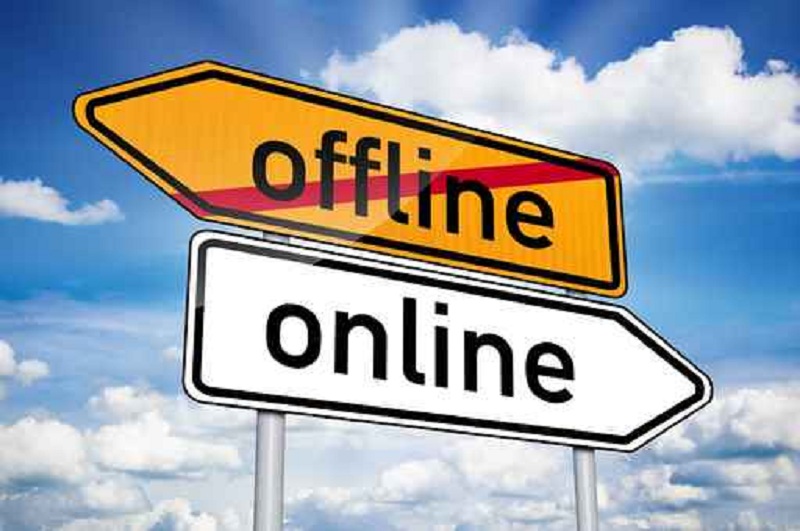 UK demands EU drops right to be forgotten law
UK demands EU drops right to be forgotten lawNews The government has asked for the right to be forgotten law to be removed from new European Union data protection laws
By Clare Hopping
-
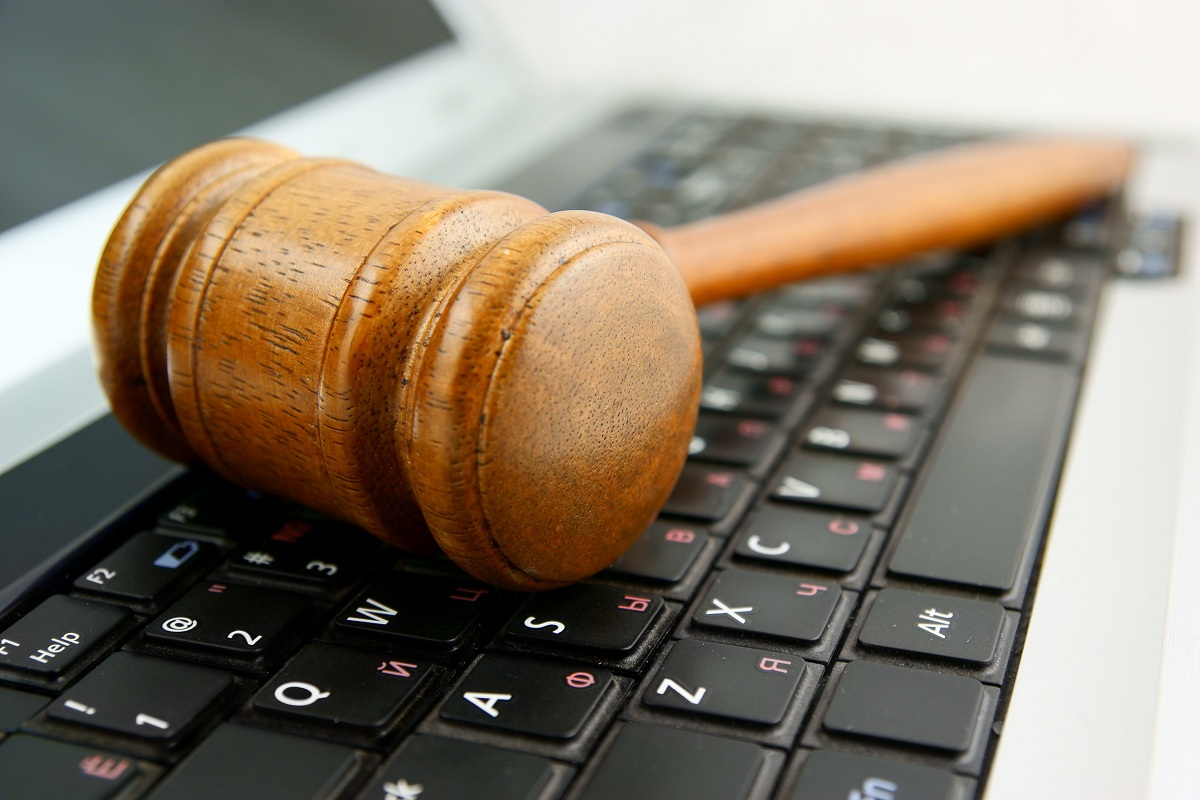 High stakes if Apple e-books antitrust case goes to trial
High stakes if Apple e-books antitrust case goes to trialNews Apple is last company standing in US government's e-book antitrust case.
By ITPro
-
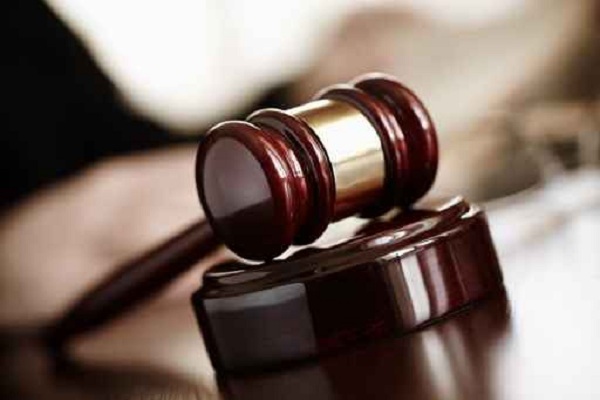 Oracle to continue HP Itanium server support
Oracle to continue HP Itanium server supportNews Software giant loses bid to end support for hardware partner's server range.
By ITPro